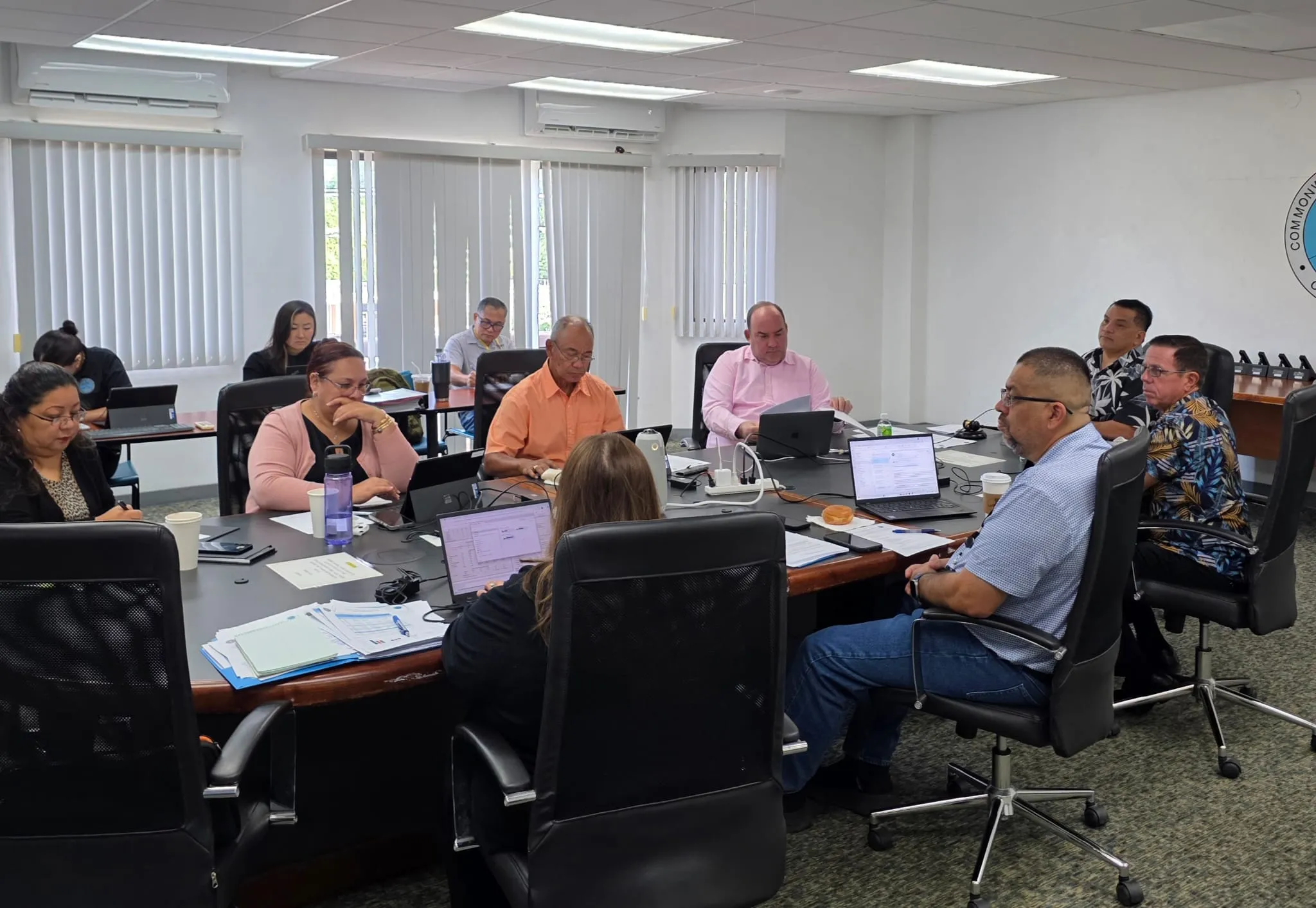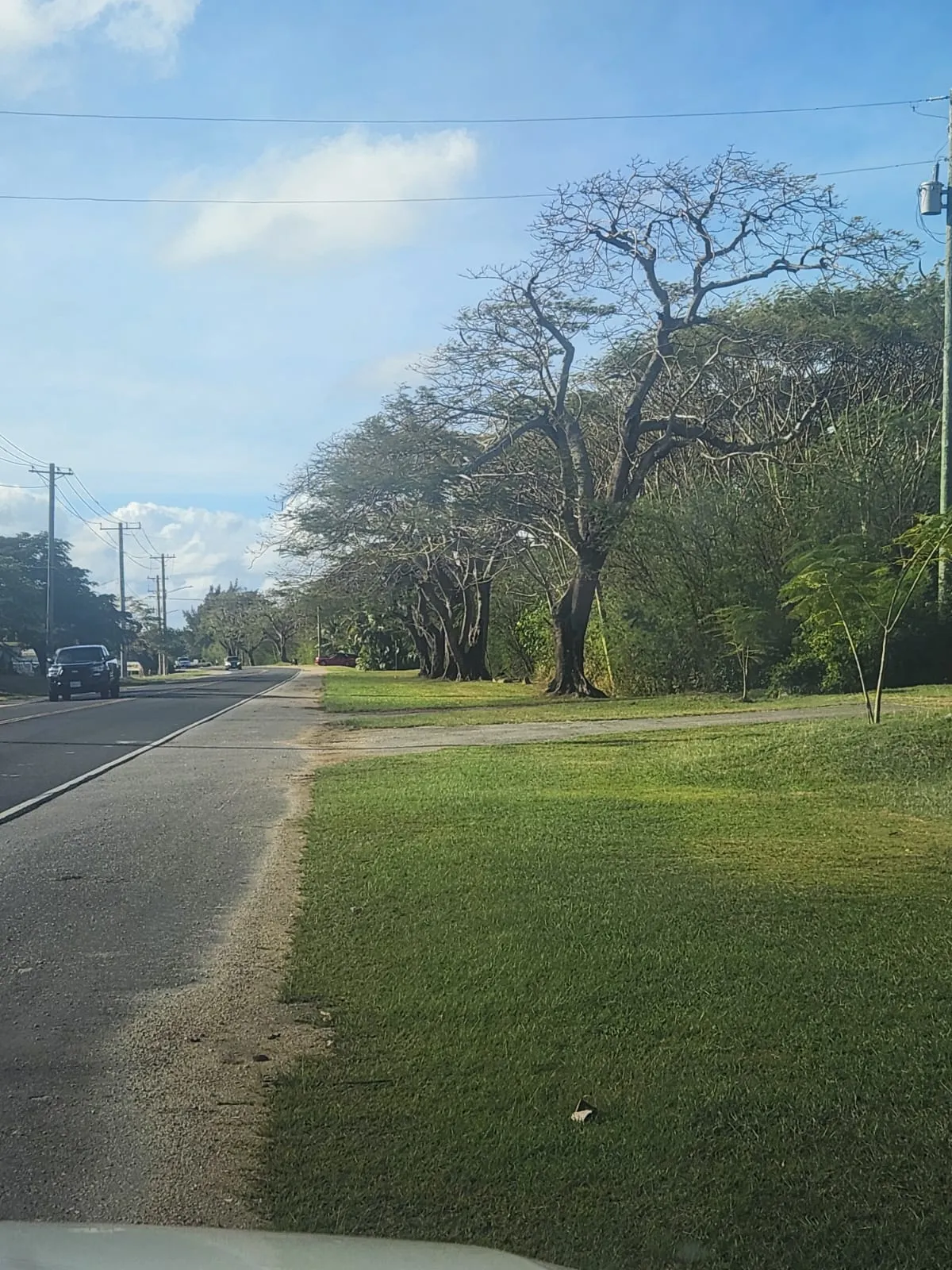More info please
FOLLOWING the runoff election in Nov. 2022, the then-governor elect promised to “open the books,” referring to the CNMI government’s financial records. In March 2023, as the new governor, he announced that four U.S. inspectors general had offered to review the CNMI government’s expenditure of American Rescue Plan Act and other federal funds. He said he would seek federal funding “to conduct forensic audits on ARPA funds, the community disaster loans, and all the federal monies that have been provided to the Commonwealth in the last five to six years.” But he also said that “those audits will take time, so ‘we don’t want to be accusatory of something that’s not accurate.’ ” Fair enough. His administration, he added, would soon have “finalized numbers pertaining to the previous administration’s spending of ARPA monies.”
That was 15 months ago. What is the status of the audits?
A CNMI Senate special committee, for its part, has begun looking into the “$225 million in American Rescue Plan Act funds deposited in the Bank of Guam” by the previous administration. The senators want to know, among other things, how the funds were spent, and if they were spent accordingly. In the spirit of “transparency” that this administration invokes like a mantra, the Department of Finance should fully cooperate with the Senate committee. That shouldn’t be a problem. But if it is, why?
As for the House BOOST probe — it seems that the House members are “rationing” and “timing” their “revelations” and subpoenas to keep the issue alive throughout this election year’s campaign season. Apparently, they cannot run on their record. Hence, they prefer to run against the previous administration, again.
Politics. The world’s second oldest profession indeed.
How soon is soon?
IN a recent op-ed, the governor, more or less, pooh-poohed the Hyatt Regency Saipan’s closure, saying that its land lease will be assigned to another investor “very soon” or DPL “will put the property out for bid.” He mentioned several hotels whose ownership “changed hands.” We hope he’s right.
But the CNMI today is a far cry from what it was when new hotel investors were eager to do business in the Commonwealth. Back then, tourist arrivals were picking up again, thanks to a new market, China. Today, it’s only the Korean market that is recovering, but it is 50% only of the pre-pandemic total arrivals. As pointed out by HANMI and the Saipan Chamber of Commerce, the CNMI needs at least 500,000 arrivals a month so businesses can at least break even. In 2023, there were only 215,543 arrivals. From January to April this year, the average monthly hotel occupancy rates ranged from 35% to 45%. To remain afloat, hotels must have around 70-80% occupancy rate. Without a significant improvement in tourist arrivals, how long can the remaining hotels continue operating?
There could be more arrivals from Korea, Japan or from “new markets,” sure. But when? As MVA officials have repeatedly pointed out, efforts to boost tourism, especially in new markers, take time. Consider the China market. The CNMI obtained an “approved designation status” from China in 2004. About seven years later, in FY 2011, arrivals from China totaled 47,738 only. Beginning in 2012, China’s numbers increased each year until it reached 233,986 in 2017. Again, the main point is that tourism growth doesn’t happen overnight — especially now that the governor insists on “pivoting” from what used to be the CNMI’s second largest tourism market.
In his op-ed, the governor also mentioned the former Nikko Hotel. UMDA acquired it in 2008. Renamed “Palms Resort Saipan” it was closed in 2010 as part of the new owner’s “major renovation plans.” As of May 2012, those plans had yet to be implemented. In the same year, it was announced that the hotel was sold to E-Land, which held Kensington’s grand opening in the summer of 2016 when the monthly tourism arrivals were rising again. Clearly, these things, more often than not, take time.
And meanwhile, how can the CNMI government pay for its many (so many) obligations?
Today’s grim economic landscape may not be “the end of the world” for officials whose salaries are set by law, but it sure feels like it for 1) ordinary employees with families, coping with pay cuts or possible unemployment, and 2) struggling businesses, big and small, who are told to suck it up and just pay more taxes and fees.










